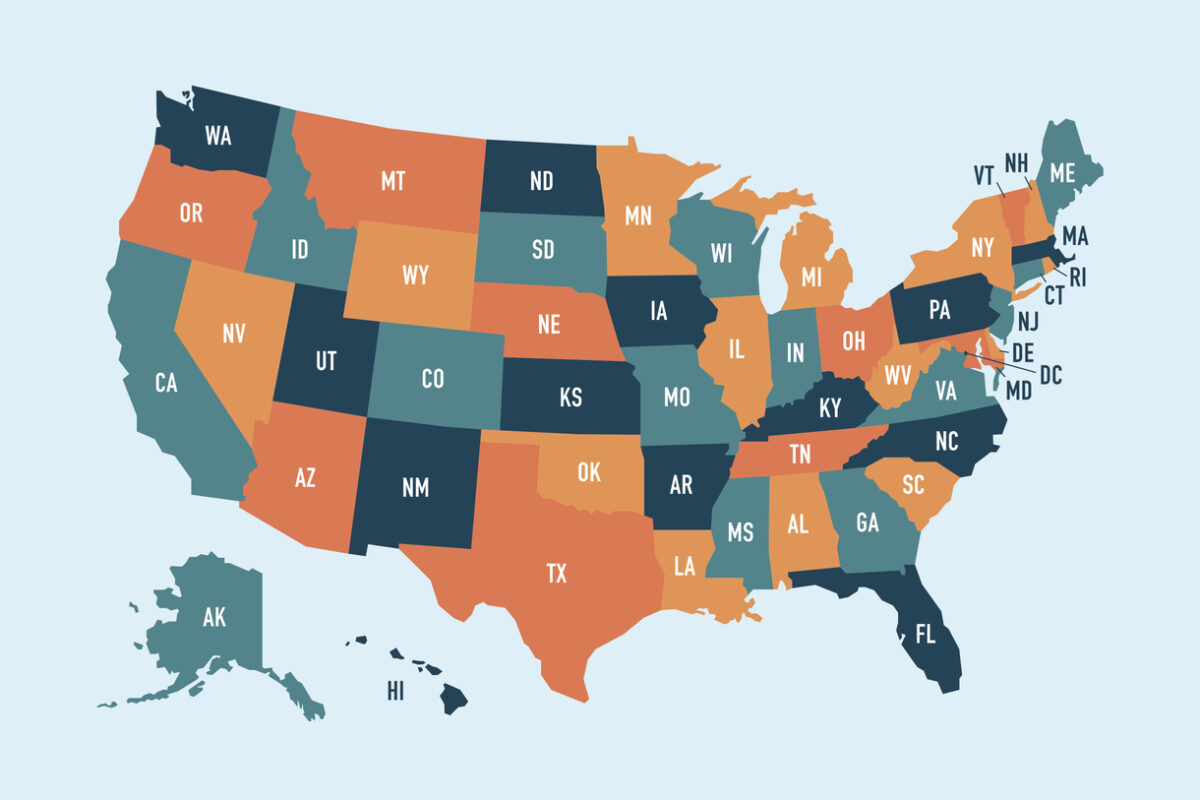‘Tis the Season for Appropriations: IHEP’s Federal Funding Priorities for FY24
Published Apr 05, 2023
Appropriations season is here! It’s the time of year when the President sends a budget proposal to Congress, and federal lawmakers begin considering what programs should receive enhanced resources and what programs should not. It’s also when college access and success advocates step up efforts to ensure the programs that improve college affordability and student outcomes get the support they need. Too often, college costs and other barriers prove too high a hurdle for many students, especially students from low-income backgrounds and students of color, but federal appropriations decisions can help bring down those hurdles.
President Biden’s FY24 budget proposal included several much-needed increases in higher education funding. At the Institute for Higher Education Policy, we are encouraged by proposed increases to programs such as the Pell Grant and Postsecondary Student Success Grants (PSSG) that help improve affordability and smooth the pathway to completing a degree or credential.
To help ensure critical student success programs get deepened supports, we rallied partner organizations and joined many of their efforts to amplify our shared funding priorities with lawmakers.
For instance, we led a coalition of 26 organizations in sending a letter to Congressional appropriators urging them to maintain ED’s authority to set aside up to 0.5% of funds from certain Higher Education Act (HEA) programs for data analysis, data collection, and rigorous evaluations. The letter is signed by education associations, civil rights groups, and researchers who all agree that this important provision helps the agency build evidence of effective practices to support the continuous improvement of interventions designed to improve students’ postsecondary success.
We also joined more than 100 organizations in calling on Congress to double the Pell Grant so more students have the opportunity to earn a college credential. The concept of doubling the Pell Grant is not new. Rather, it is a policy change for which we have long-advocated in our research papers such as The Most Important Door that Will Ever Open and the Postsecondary Value Commission’s culminating report. Pell Grants put postsecondary education closer within reach for more than seven million middle- and low-income families each year. Nearly 60 percent of Black students and almost half of Latinx and/or Hispanic students rely upon Pell Grants, yet today – 50 years after the program’s creation – these grants cover the lowest share of college costs since the program’s inception. This reduced purchasing power limits the grant’s promise and true potential.
Another IHEP-researched strategy to boost college completion is providing targeted supports for students who have some college credits, but no degree. Postsecondary Student Success Grants (PSSG) help colleges deepen evidence-based practices that improve student retention and completion, including reengaging students who have paused their studies. We joined 21 fellow organizations in urging Congress to increase PSSG funding to at least $165 million so that more institutions can deepen their student persistence and completion efforts. We are encouraged that the first PSSG grantees include Historically Black Colleges and Universities (HBCUs), minority-serving institutions (MSIs), and community colleges.
We’re firm believers that high-quality data can unveil systemic inequities and inform policy change. That’s why we also hope to see increased investments in data systems and collections such as the State Longitudinal Data Systems (SLDS) grant program and Workforce Data Quality Initiative (WDQI) grants. We joined 21 organization in calling on Congress to invest at least $100 million in SLDS to help modernize state data systems while protecting student privacy, to help researchers collect better-quality information on individual students’ postsecondary outcomes, and to disaggregate data by race/ethnicity and gender. We also urged Congress to bolster longitudinal data collection by integrating higher education and the workforce through a $40 million funding increase for WDQI grants.
During this appropriations season, we urge federal policymakers to build on these proposed investments to advance college affordability, bolster college persistence and completion, and improve postsecondary data systems so more students have the opportunity to cross the college completion finish line. Helping more students earn quality postsecondary credentials can strengthen our workforce, forge stronger communities, and help more people secure their futures.


